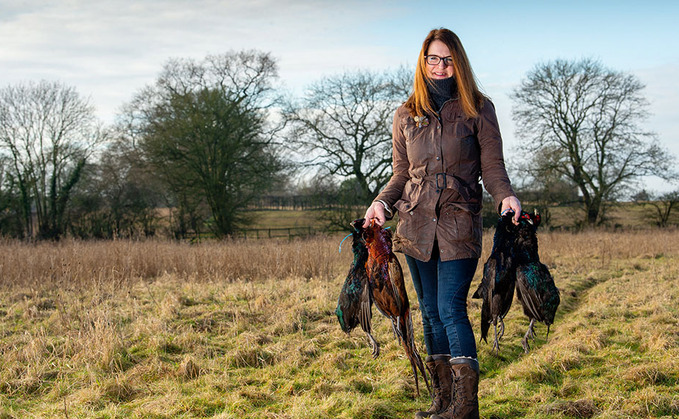
Sophie Bagley set up her business to utilise the environmentally friendly, sustainable and healthy qualities pheasant has to offer. Sarah Todd finds out more. In spite of having less fat and cholesterol...

Sophie Bagley set up her business to utilise the environmentally friendly, sustainable and healthy qualities pheasant has to offer. Sarah Todd finds out more. In spite of having less fat and cholesterol...
Commercial Secured Bridging Loans for Business